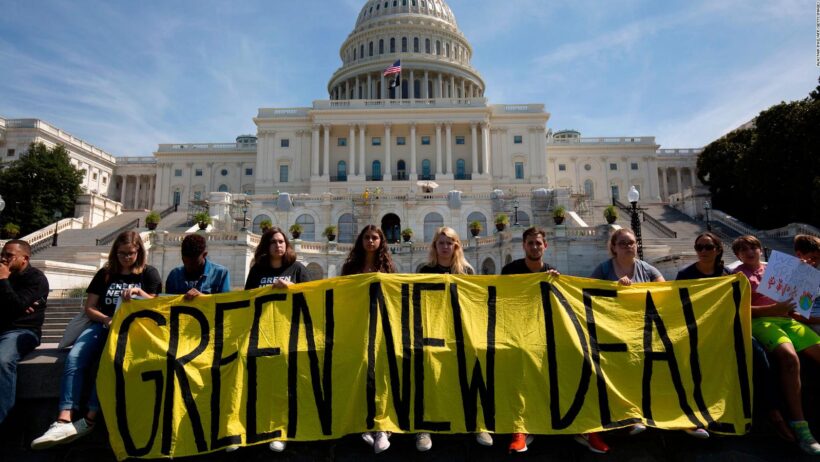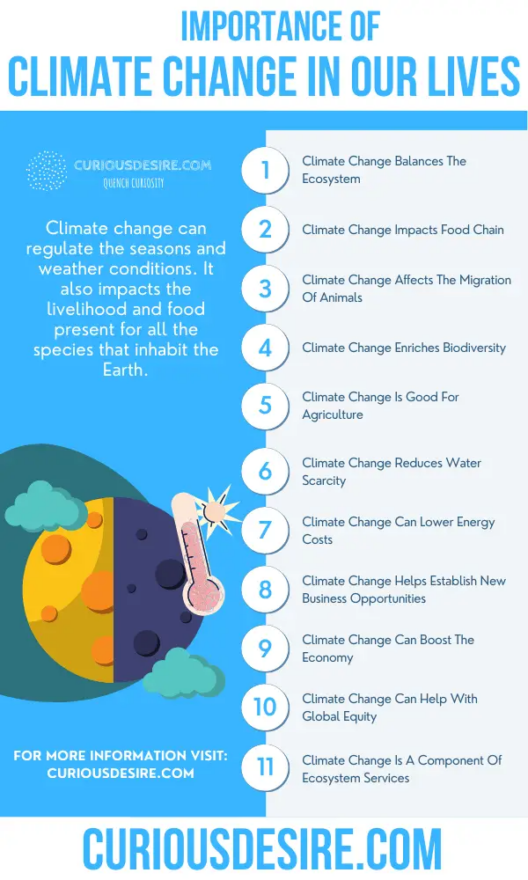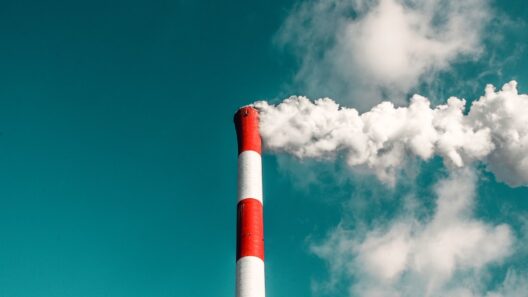Global warming stands as one of the most pressing issues of our time, and a growing number of Americans are beginning to recognize and respond to this alarming reality. This shift in public perception reflects not just a fleeting anxiety, but a profound concern for the planet’s future and the well-being of generations to come. This article explores the different facets of this increasing alarm, examining the causes, effects, and ongoing discussions surrounding global warming.
As scientific evidence mounts, the consensus surrounding climate change as an anthropogenic phenomenon has become more pronounced. Recent surveys indicate that a significant majority of Americans have transitioned from ignorance or apathy to a realization of the urgent need for action. This evolution in perspective may be attributed to various factors, including extreme weather events, heightened media coverage, and an increased emphasis on environmental education. Floods, wildfires, and hurricanes are no longer viewed as isolated incidents; rather, they are perceived as symptomatic of a larger systemic crisis precipitated by a warming planet.
To understand the roots of this concern, one must delve into the plethora of information readily available to the public. News outlets now cover climate change with greater frequency and depth, revealing the nuances of climate science. Efforts to communicate the complexities of climate data have proliferated, enabling even those without scientific backgrounds to grasp the ramifications of rising carbon dioxide levels and their correlation with global temperatures. The alarming statistics presented, including the rapid melting of polar ice caps and the unprecedented rise in sea levels, paint a stark picture of our future if current trajectories continue.
Moreover, initiatives aimed at fostering environmental awareness in educational institutions have played a critical role. Schools are beginning to integrate climate science into their curricula, fostering a sense of responsibility among younger generations. Students are encouraged to engage in discussions about sustainability, carbon footprints, and renewable energy. This foundational knowledge lies at the heart of a more informed public, equipping individuals with the tools to advocate for change.
The ramifications of global warming extend beyond environmental degradation; they permeate various aspects of societal well-being. Health concerns arise as rising temperatures contribute to increased instances of heat-related illnesses and the spread of infectious diseases. Air quality deterioration, often exacerbated by climate-related phenomena, poses serious health risks, particularly for vulnerable populations such as children and the elderly. The intersection of environmental and health issues underscores the necessity for a holistic approach to the challenges posed by climate change.
When considering the economic implications of global warming, the argument for immediate action becomes even more compelling. The cost of inaction can no longer be overlooked. Natural disasters driven by climate change incur staggering financial burdens on communities, governments, and insurers alike. As resources are allocated to recovery efforts, the opportunity for proactive investments in green technologies and sustainable infrastructure diminishes. Thus, it is imperative to shift priorities toward strategies that not only mitigate climate impacts but also stimulate economic growth through the development of renewable energy sectors.
Several grassroots movements and advocacy organizations have emerged, galvanizing public sentiment around the need for climate action. These collectives unify individuals who share a common goal: to advocate for policies that prioritize sustainability and environmental stewardship. They organize climate strikes, encourage civic engagement, and lobby for legislative changes aimed at reducing greenhouse gas emissions. By harnessing collective momentum, these movements amplify the voices of those alarmed by global warming, pushing for accountability from corporations and governments alike.
Political discourse surrounding climate change is undergoing a transformation, reflecting evolving public sentiment. Policymakers are increasingly compelled to address climate-related issues, recognizing that an electorate concerned about global warming demands responsive action. This shift is not without its challenges, as entrenched interests and the historical reluctance to deviate from traditional energy practices can complicate the path forward. However, the pressure from constituents has led to more robust discussions about policies related to carbon taxation, emission regulations, and investment in renewable energy sources.
Additionally, the narrative surrounding climate change has begun to shift from one of despair to one of hope and possibility. Innovations in technology are often highlighted as a beacon for future sustainability. Breakthroughs in solar and wind energy, electric vehicles, and carbon capture technologies showcase a potential pathway toward reducing reliance on fossil fuels. Moreover, the rise of individuals and companies adopting sustainable practices demonstrates a burgeoning culture that values environmental health alongside economic prosperity.
The role of media in disseminating information about global warming cannot be overstated. Documentaries, podcasts, and articles contribute to an increasingly informed populace, challenging misconceptions and promoting constructive dialogue. Access to expert opinions and real-time data empowers individuals to actively engage with the subject matter and share their insights within their communities. This collective endeavor to educate and inform cultivates a society that is better equipped to tackle environmental challenges head-on.
In conclusion, the growing alarm among Americans regarding global warming signifies not just a shift in awareness but a burgeoning movement toward accountability, innovation, and actionable change. As the dialogue continues to evolve, individuals from all walks of life are encouraged to lend their voices to the cause, contributing to a more sustainable future. The urgency of this moment calls for a unified response, underscoring the interconnectedness of humanity and the planet. The path forward necessitates collaboration, innovation, and unwavering commitment to safeguarding our world for generations yet unborn.








